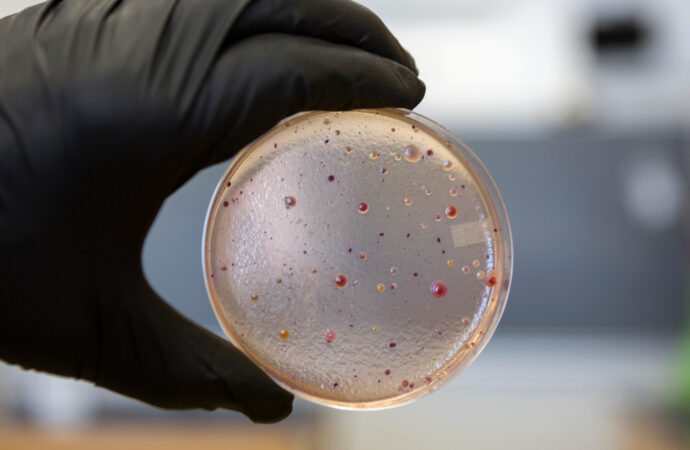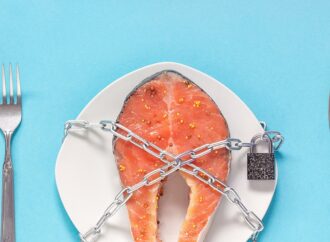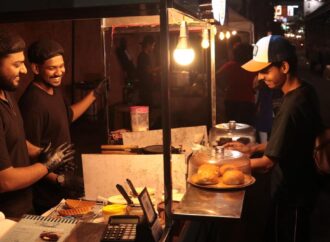E. coli Outbreaks in Ireland
In two separate E. coli outbreaks, more than a dozen individuals have fallen ill in Ireland, with additional cases reported in Iceland. The Health Protection Surveillance Centre (HPSC) in Ireland has confirmed thirteen laboratory cases of Shiga toxin-producing E. coli (STEC) O157 linked to the community outbreak. Fortunately, no deaths or cases of hemolytic uremic syndrome (HUS) have been reported. An incident management team, comprising all relevant stakeholders, is actively addressing the situation. Although investigators believe the source is foodborne, they continue to work on identifying the exact cause of the outbreaks.
Current Status of Outbreaks
To date, no cases of the outbreak strain have emerged in other European nations. During a recent board meeting, the Food Safety Authority of Ireland (FSAI) noted that managing numerous outbreaks has made for a “busy” period for the organization. Given advancements in Whole Genome Sequencing and the ability to connect food businesses to human illnesses through food or environmental samples collected from specific locations, such activity was anticipated. In the first quarter of 2024, Ireland reported 116 STEC infections. Between April and June, the country documented 262 cases of E. coli, including twelve cases of HUS. At least one of these cases was linked to the consumption of soft cheese made from raw milk. In the second quarter of 2024, Ireland experienced 17 outbreaks, leading to 60 reported cases of illness, with each outbreak involving between two and eighteen patients.
Update on Iceland
Meanwhile, the number of affected children in Iceland has increased from 10 to 23 due to an E. coli outbreak. This outbreak has impacted children at the Mánagarði kindergarten in the Vesturbær area of Reykjavík, which serves approximately 100 children. While the source of the illnesses remains unconfirmed, Landlæknir (the Directorate of Health) has indicated that food is a suspected contributing factor. Currently, 27 children are hospitalized for evaluation, with two in the critical care unit. As investigations continue, the kindergarten has temporarily closed to ensure safety and prevent further spread.
Investigation and Findings
Investigators await the results of bacterial cultures for confirmation, although PCR tests have already identified infections. Employee samples have yet to be obtained. The investigative team includes the Reykjavík Public Health Authority, Matis (a government-owned research firm), epidemiologists, and the Icelandic Food and Veterinary Authority (MAST).
In 2023, 14 individuals in Iceland received diagnoses for confirmed or suspected E. coli infections. This group included twelve adults aged 22 to 86, as well as two children aged 1 and 11.
Source: Food Safety Network
 Food Manifest
Food Manifest 


















